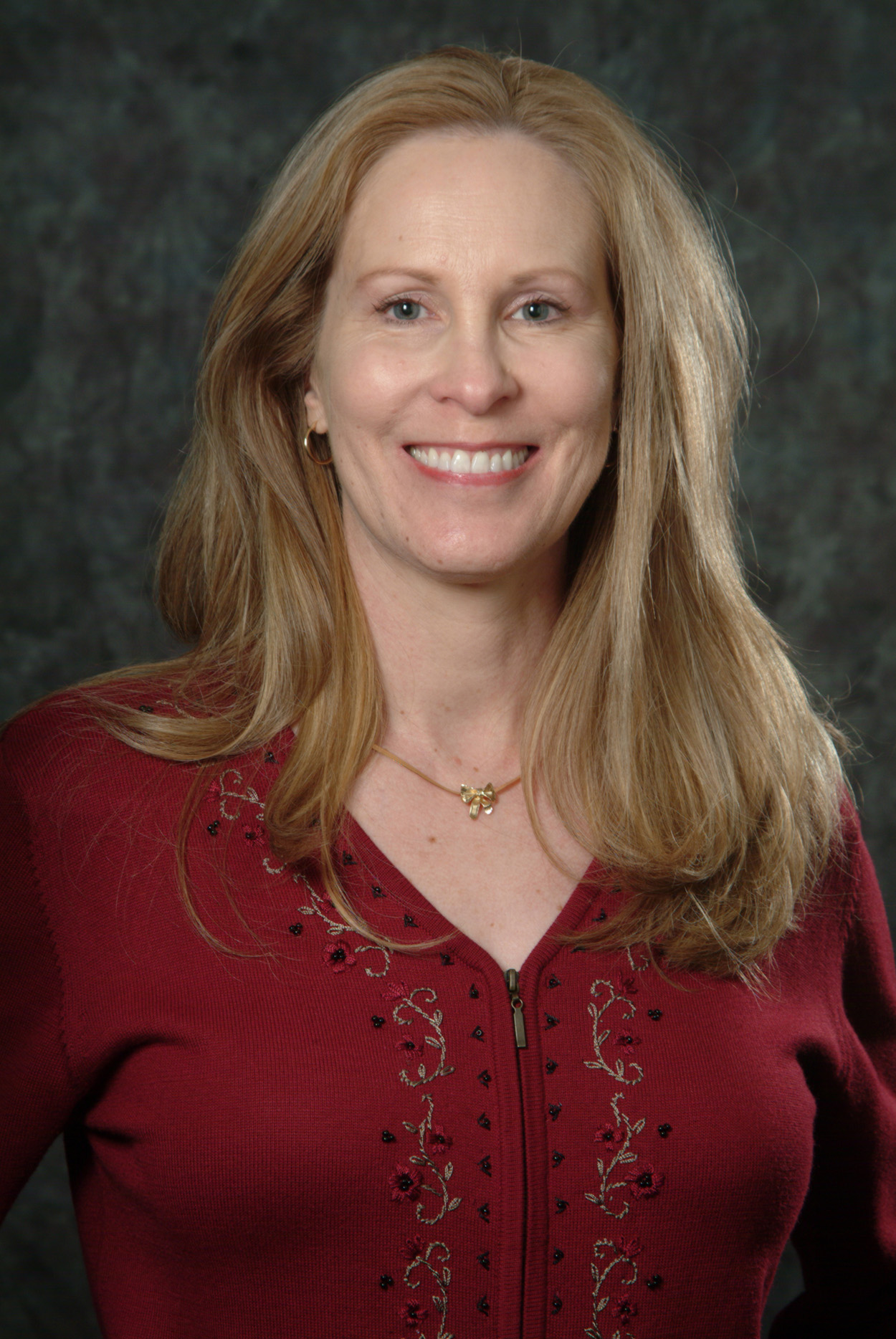FAYETTEVILLE, Ark. — Two years after taking part in an osteoporosis prevention program at the University of Arkansas, a group of middle-aged women did more than simply retain the program’s lessons. They showed significant and substantial improvement in the very behaviors that have been shown to prevent osteoporosis.
Lori W. Turner, associate professor in health science, said the study’s results show that when women are motivated and educated, they can make the changes that can protect their bones.
“It was exciting to see the marked improvement in knowledge and behaviors,” Turner said. “This is just what you want to see in a prevention program.”
In 2003, Turner worked with 162 women with an average age of 49 years whose bone scans had shown them to be at high risk for osteoporosis. In addition to learning about how osteoporosis develops, the women attended classes and received individual counseling to learn how to rebuild and protect their bones through diet, calcium supplements, exercise and medication. For additional motivation after the formal program was completed, Turner sent participants a newsletter cheering the successes of individual women.
Turner also noted that the women brought to the program an important component that the researchers had not factored into their plans: social support. During the initial program, several women accompanied each other to the bone scans and paired up as exercise partners. They communicated with each other outside of formal group meetings. In fact, when Turner called those with low readings back for a second bone scan, she got calls from other participants asking why they weren’t scheduled for another scan.
When Turner followed up with the women two years after they completed the program, she was pleased - but not surprised - to see that overall they had increased their knowledge of osteoporosis. She called them “a very motivated, take-charge group.” Learning that their bones were already thinning was a great motivator for many women, and in the months after the program was over, they continued to seek more knowledge both from Turner and from other sources.
The only decline in recommended behaviors was in the use of hormone replacement therapy, which Turner attributed to concerns about safety sparked by stories in the media.
Not all women in the original study were able to maintain or improve their bone density. Turner was particularly concerned about a minority of participants who were so distrustful of traditional medicine that they refused to consider using bone-building medications, even when faced with dangerously thinning bones. Since this is not a group that has been studied, a program model has not been developed to address their beliefs and questions.
“I tried to help them weigh the potential risks of medication versus the benefit of preventing a disabling and disfiguring condition,” Turner said. “At times I felt I was making headway.”
Contacts
,
